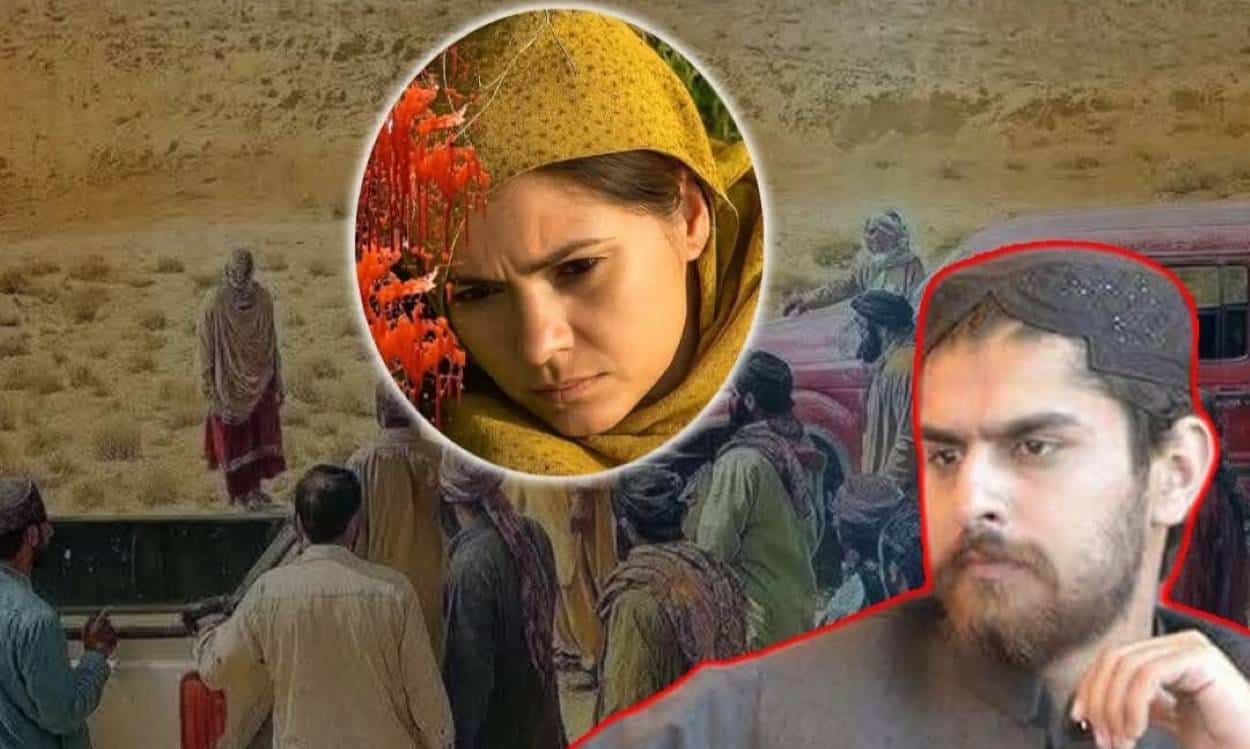On July 23, 2025, an Anti-Terrorism Court (ATC) in Quetta extended tribal leader Sardar Sherbaz’s physical remand by 10 days in connection with the honour killing of Bano Bibi and Ehsan Ullah. The victims were shot dead in Dagari, near Quetta, just before Eid ul Adha, following orders from a tribal jirga. A viral video of the incident sparked nationwide outrage and prompted swift legal action.
According to post-mortem reports, Bano Bibi sustained seven gunshot wounds, and Ehsan Ullah suffered nine. Authorities conducted the autopsies at the graveyard near the Dagari coal mine. Law enforcement registered a case at the Hanna-Urak Police Station under a state complaint and filed charges under Sections 302 (murder), 149 (unlawful assembly), 148 (rioting with deadly weapons), 147 (rioting), and the Anti-Terrorism Act of 1997.
Sherbaz, produced after a two-day remand, faces further interrogation by the Serious Crimes Investigation Wing (SCIW). The ATC granted the police’s request for extended custody to deepen the probe. Balochistan Chief Minister Sarfraz Bugti confirmed 11 arrests, with raids ongoing. He stated: “We took action even before the video went viral.” The DSP involved was suspended, ensuring accountability.
On July 22, the Balochistan Assembly unanimously passed a resolution condemning the killings, presented by Deputy Speaker Ghazala Gola and the Women Parliamentary Caucus. It denounced honour killings as “inhumane” and unrelated to Baloch, provincial, or religious values. The resolution stated: “Such acts are an assault on the peace and stability of society.”
The case highlights persistent issues with honour killings in Pakistan. Bugti assured justice: “None of the accused will be spared.” The resolution emphasised protecting victims through legal processes, reflecting public demand for reform. The Quetta ATC’s extension of Sherbaz’s remand signals ongoing efforts to address this tragic honour killing. The case underscores the need for cultural and legal change.






